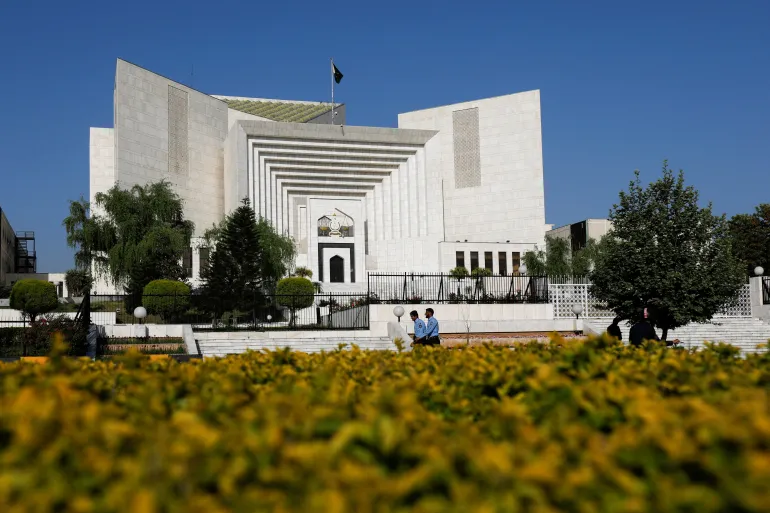ISLAMABAD: The Supreme Court has directed the state to establish an effective mechanism ensuring that every woman receives her rightful share in inheritance, calling the entitlement a “divinely bestowed” right protected under both the Constitution and Islamic law.
Furthermore, the directive came in a detailed seven-page judgment released. The verdict, authored by Justice Athar Minallah prior to his resignation on November 13, was issued in a case heard by a bench comprising Justice Minallah and Justice Irfan Saadat Khan on August 29.
The court stressed that it was the state’s constitutional obligation to guarantee the “effective and unfettered realisation of women’s right to inheritance.”
It emphasised that no woman should face delays, fear, or prolonged litigation when seeking her lawful share.
Moreover, the ruling was issued while dismissing an appeal filed by Abrar Hussain, who had challenged earlier decisions of the trial court, an appellate court, and the Sindh High Court (SHC). All three forums had ruled against him in a property dispute with his sister, Bibi Shahida.
In addition, Shahida had approached the courts in 2015, alleging that after their father’s death in 2002, Hussain had taken exclusive possession of the family property and refused to distribute shares among the legal heirs.
The remaining siblings supported her claims. Hussain, however, argued that the property had been gifted to him during his father’s lifetime.
In this sense, Justice Minallah noted that Hussain had “no case on merits” and had persisted in litigation to delay his siblings’ inheritance rights. The court termed the appeal an “abuse of process” aimed at frustrating the lawful entitlement of other heirs.
The judgment underscored that inheritance rights were explicitly outlined in the Holy Quran and were not subject to societal customs. “Any denial or obstruction of this right is not merely unlawful but a transgression against Divine Will,” it stated.
However, the court urged the state to create a “proactive and accessible mechanism” to identify and support women seeking their inheritance.
It further called for strict accountability for individuals who use coercion, deceit, or undue influence to deprive women of their rightful shares.





